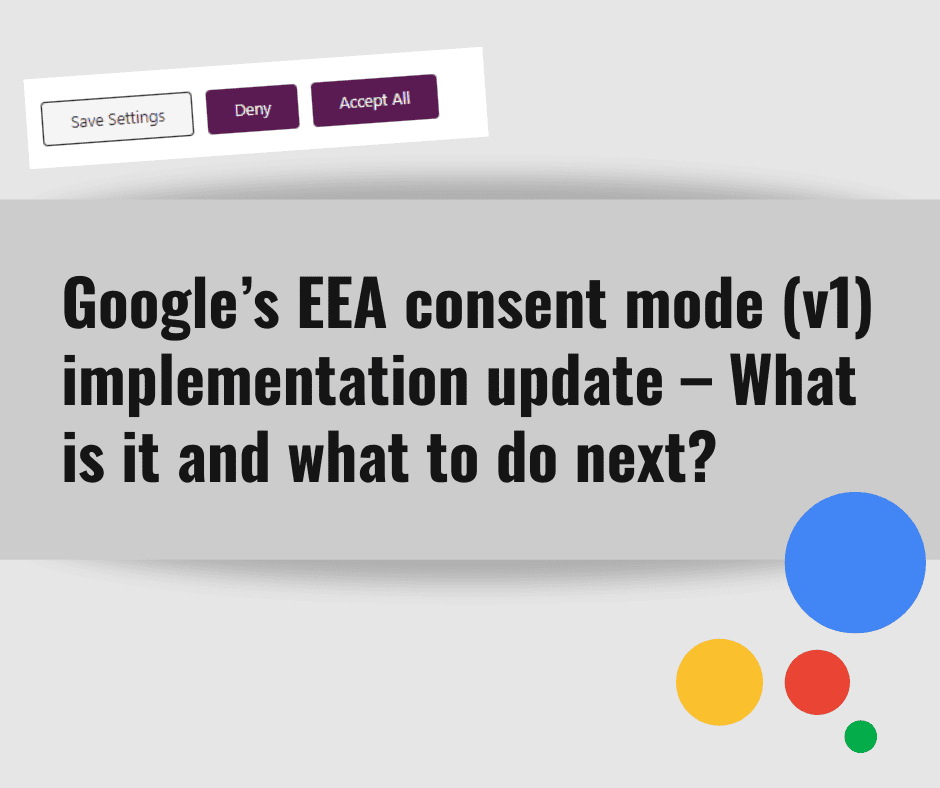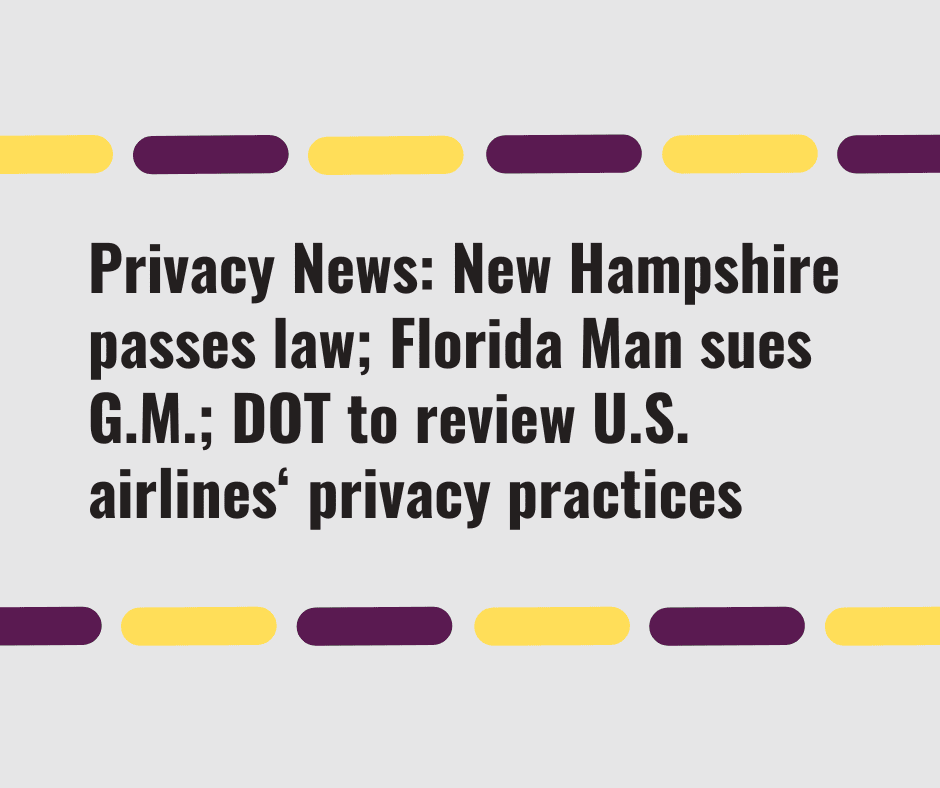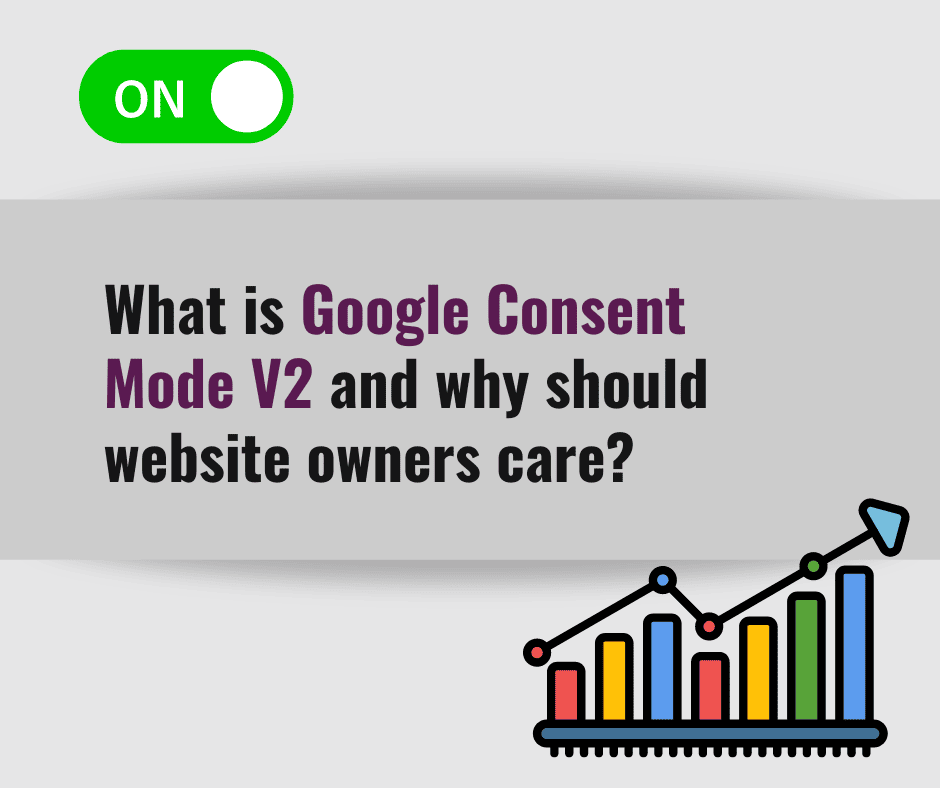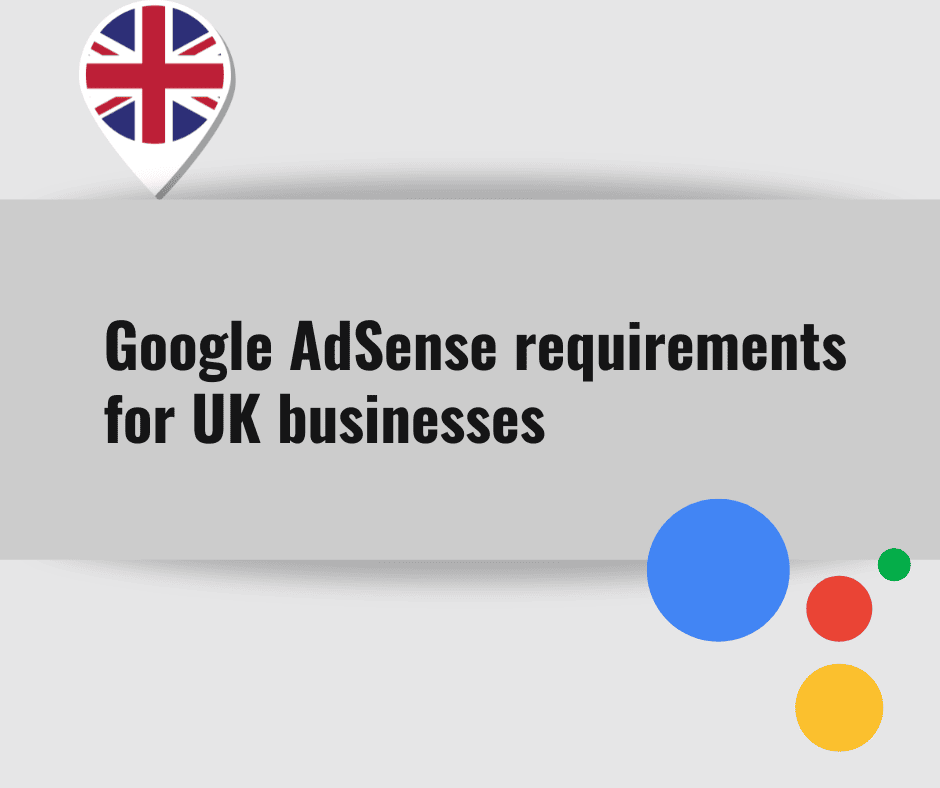Browse by Category
search the site

Nebraska Data Privacy Act Compliance Guide
On April 17, 2024, the Governor of Nebraska signed NE LB1074, enacting the Nebraska Data Privacy Act. This comprehensive privacy law will go into effect on January 1, 2025 and will provide …

Example of a “Do Not Share My Personal Information” page
If you are a business that needs to comply with the California Privacy Rights Act (CPRA), you may be aware of the requirement to have a page on your website titled “Do …

Example “Limit The Use Of My Sensitive Personal Information” page
If you are a business that needs to comply with the California Privacy Rights Act (CPRA), you may be aware of the requirement to have a page on your website titled “Limit …

Example of a “Do Not Sell My Personal Information” page
If the California Privacy Rights Act (CPRA) applies to you, you may have heard of the requirement to have a website page titled “Do Not Sell My Personal Information.” This is a …

Kentucky HB15 Compliance Guide
On April 4, 2024, the Governor of Kentucky signed KY HB15, establishing a comprehensive privacy law for the State. This new law will provide privacy rights to residents of Kentucky, helping them …

Google’s EEA consent mode (v1) implementation update – What is it and what to do next?
Have you recently received the following email from Google? Dear consent mode customer, You’re receiving this email because you have implemented consent mode (v1) on one or more of your domains and/or …

Examples of Website Privacy Policy Fines
If you are reading this blog, you probably already know that we are passionate about website policies. If you already have a Privacy Policy or are considering getting one for your website, …

Privacy and Data Protection News for April 2024
It has been a crazy month in privacy. Lots of stories, and several big events are coming up. So, let’s get into it! What’s new in privacy? Below are some of the …

What is Google Consent Mode V2 and why should website owners care?
To better align its products with European privacy laws (namely, the Digital Markets Act), Google has deployed Consent Mode V2 and is requiring many of its users to set up compatibility with …

Google AdSense requirements for UK businesses
Google AdSense is an extremely popular service used by businesses to reach new customers, with approximately 58.5 million websites using AdSense across the world. In fact, approximately 80% of businesses utilize Google …

New Hampshire SB 255 Compliance Guide
On March 7, 2024 the Governor of New Hampshire signed NH SB 255, adding a new privacy law that establishes an expectation of privacy when using business websites to the State’s books. …

Do you need a Privacy Policy for email marketing?
If you run a business, chances are that you want to make more sales by keeping your customers informed about new promotions, company updates, changes to your offerings and more through email …

